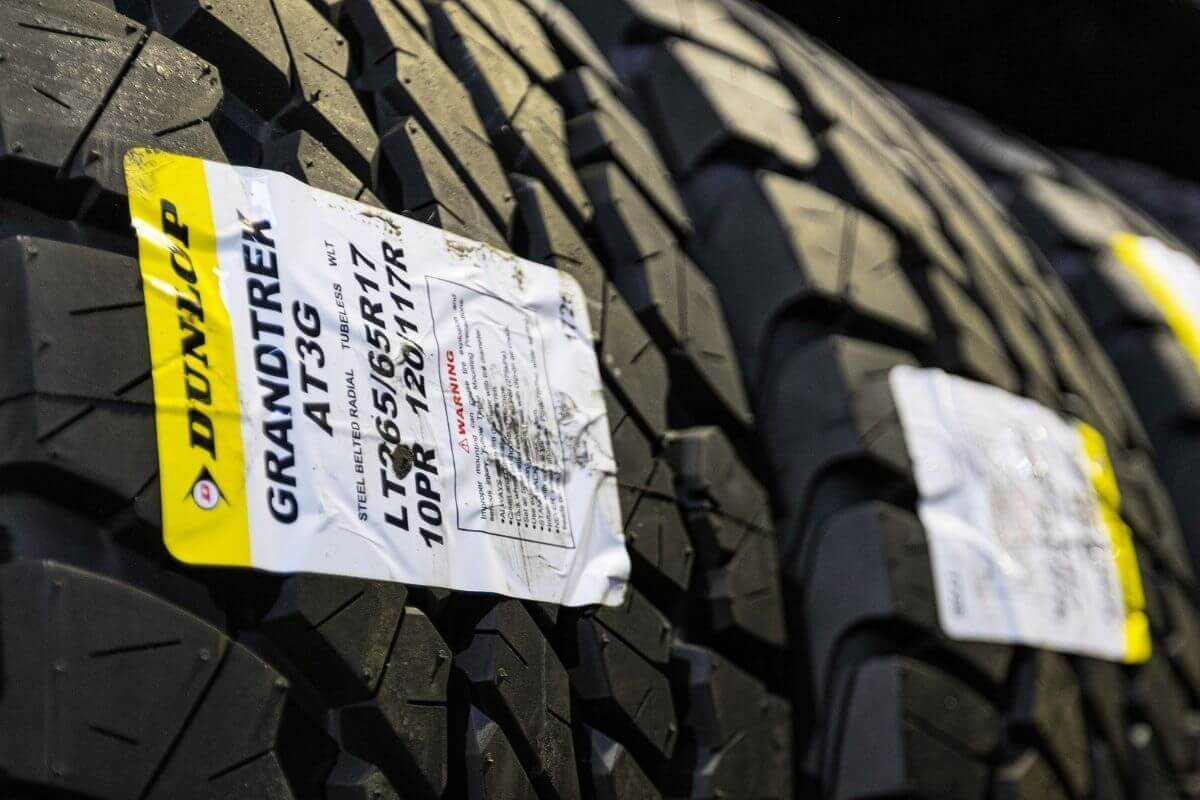
Winter tyre care and preparation tips
Wednesday 12 April 2023
Back to Latest News
According to a recent study, “the number of serious road traffic accidents increases significantly over the winter months”, likely due to the adverse weather conditions. After all, snow, sleet, and ice hardly make for the best driving conditions.
While drivers should be more cautious during the winter months, you should also ensure that you prepare your car (and your tyres) for the winter season ahead of time. This way, you can drive with confidence all year round.
How To Prepare Your Tyres For Winter.
Fortunately, there are many steps you can take to prepare your tyres for the winter - ensuring a safer, smoother drive each time you get behind the wheel. For example, you should:
- Check Tyre Pressure
- Check Tread Depth
- Switch to Winter Tyres
Check Tyre Pressure.
Tyre pressure is always important when staying safe on the road. However, maintaining good tyre pressure is even more crucial during winter, when the roads tend to be slippier.
For example, if your tyres are too inflated, your car will have less contact with the road, which means you’re more likely to lose control of your vehicle. Conversely, low tyre pressure increases the friction between the road and your tyre, meaning they could wear down the tyre. In both instances, your breaking speed will slow considerably.
As such, you must check your tyre pressure before winter rolls around. Not only will this help you stay safe on the road, but it could also increase the longevity of your tyres, saving you money in the long run. You can check your tyre pressure using a gauge or by scheduling in an appointment at your local tyre shop.
Check Tread Depth.
Tread Depth refers to the rubber section of your tyre that makes contact with the road. Over time, this can begin to wear away, especially if your tyre pressure is not carefully managed.
When your tread depth reaches dangerously low levels, this can once again impact the speed at which you can break. It can also increase the chances of you losing traction or losing control of your vehicle. This can be particularly troublesome during winter when tyre grip is already impacted by ice build-up on the roads. For example, a recent report found that “more than 150,000 (156,164) auto crashes occur annually due to icy roads.”
Switch to Winter Tyres.
You must choose the best tyres for your car, which can vary depending on the type of vehicle, how often you get behind the wheel, or the terrain in the area in which you drive. However, this also means that you should switch to winter tyres when the temperatures start to drop in order to protect your vehicle (and its passengers).
As the name suggests, winter tyres are purpose-built for the winter months and are designed to be slightly more resistant to cold weather and the roadside conditions it can create. For example, the tread on winter tyres tends to have bigger grooves, which increases the grip the tyre has on the road, making it easier to drive when the roads are covered in ice or frost. This enhanced grip makes it easier to break when necessary, which again works to keep you safe.
As a result, installing winter tyres is the most straightforward way to maximise road safety and efficiency during the winter months and beyond.
Final Thoughts.
Learning how to care for and prepare your tyres for cold weather conditions is one of the easiest ways to ensure you stay safe when behind the wheel this winter. This can provide you with greater peace of mind and enhanced roadside confidence.
However, it's also crucial that drivers remain focused when driving during winter months. Be aware of the hazardous conditions around you, and proceed with caution. For example, it may be advisable to drive a little slower to account for icy roads, snow and other interruptions. Do not get behind the wheel if conditions appear hazardous or a weather warning has been announced.
If you need some assistance ensuring that your car and tyres are road-worthy this winter, please do not hesitate to get in touch. Our team of friendly, qualified professionals are on hand to help with all aspects of tyre maintenance, from puncture repairs to tyre replacements.




